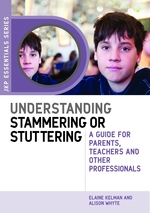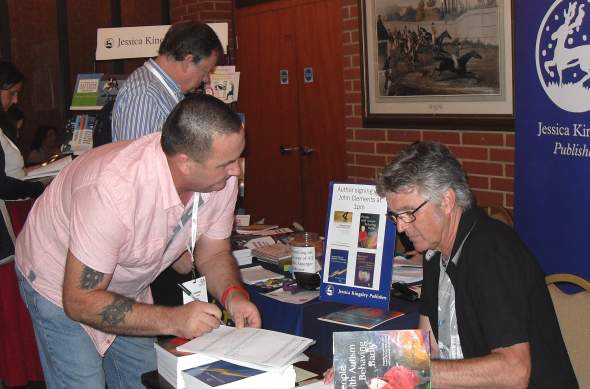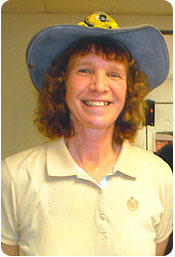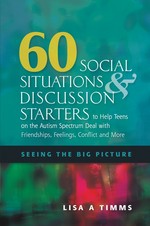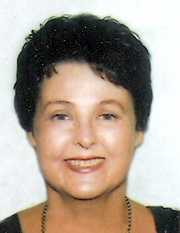“The biggest challenge for the young people themselves is when they are trying to work out how to deal with their anger in response to extremely difficult circumstances, which they have to contend with on a daily basis, such as cyberbullying, witnessing domestic violence in the home or witnessing parental substance abuse. Young people under these circumstances have such a right to feel angry, but the biggest challenge is to find a way to let go of that anger or to express it in a constructive way, especially when the options to move away from the difficult life issues are limited. “

